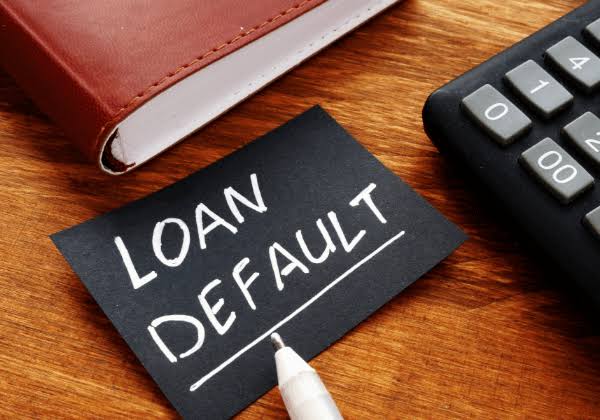As the U.S. approaches the debt default deadline, anxiety is palpable both at home and abroad. Many Americans want to understand the implications of a potential default and how it could affect their daily lives. This article outlines what to expect if the U.S. defaults on its debt and how you can prepare for the fallout.
What to Expect After a U.S. Default
1. Impact on Your Investments
In the wake of a debt default, the investment landscape could shift dramatically. Financial experts advise against making hasty changes to your investment strategy. Instead, focus on maintaining sufficient cash reserves for emergencies. Jean Chatsky, TODAY’s Financial Editor, emphasizes, “If you’ve got money in stocks that you need in the next five years, it doesn’t belong there – it never belonged there. But if you’re thinking long-term, you have time to ride this out.”
Key Takeaway: Maintain a diversified portfolio and ensure you have liquid assets available for short-term needs.
2. Changes to Your Credit
A debt default is likely to trigger a spike in interest rates across various forms of borrowing. Consumers can expect higher rates on credit cards, car loans, and mortgages. This means that borrowing will become more expensive and potentially out of reach for many.
To mitigate the impact, prioritize paying down high-interest debts now. Doing so can save you money in the long run, especially if rates increase even further post-default.
Key Takeaway: Focus on reducing high-interest debt to protect your financial health.
3. Effects on Employment
While the economy is slowly recovering from previous recessions, high unemployment rates continue to be a concern. If you are currently employed, it’s crucial to remain competitive in your field. Upskilling or networking can enhance your employability.
For those seeking employment, be prepared for a potentially longer job search. In uncertain economic times, job markets can tighten, making positions harder to secure.
Key Takeaway: Invest in your skills and maintain an emergency fund to weather potential job market fluctuations.
How to Prepare for Potential Fallout
- Build an Emergency Fund: Aim to save at least three to six months’ worth of living expenses. This buffer can help you navigate financial challenges that arise from economic instability.
- Review Your Budget: Assess your current financial situation and adjust your budget to prioritize essential expenses. Cut back on non-essential spending to bolster your savings.
- Stay Informed: Keep an eye on financial news and updates regarding the debt situation. Understanding the economic landscape can help you make informed decisions.
- Consider Financial Counseling: If you’re uncertain about managing your finances during this turbulent time, consider seeking advice from a financial advisor. They can provide personalized strategies to safeguard your financial future.
Conclusion
The potential for a U.S. debt default is a serious concern that could have widespread implications for individuals and families. By understanding the potential impacts on investments, credit, and employment, you can take proactive steps to prepare for any challenges that may arise. Stay informed, prioritize your financial health, and equip yourself with the tools necessary to navigate uncertainty.

Leave a Reply